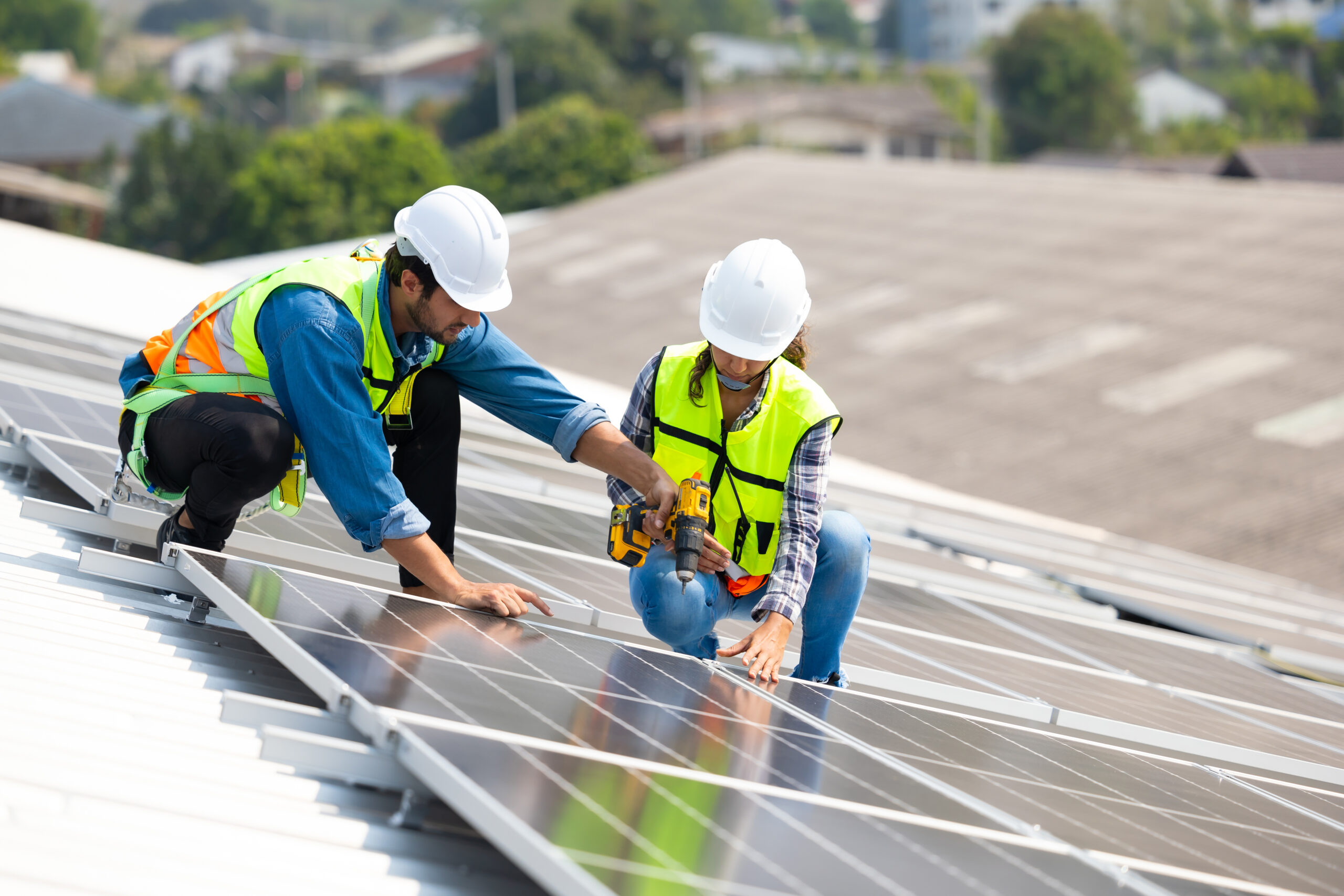
Quality & Safety
Approved Vendor List (AVL)
At Solar Insure, we understand manufacturers’ pivotal role in upholding safety standards and ensuring systems operate as expected for their full lifespan. Using high-quality, reliable solar components from trusted manufacturers is paramount for any solar installation project. That’s why we’ve established a rigorous Approved Vendor List (AVL) evaluation process – a backbone that underpins our core mission.
Table of Contents
The AVL Mission
Solar Insure’s AVL is dedicated to elevating the solar industry’s safety, reliability, and financial stability standards. We aim to inform the sector about the most trustworthy and high-quality solar components available through meticulous evaluation and a commitment to continuous improvement. Our vision is for the AVL to become the definitive industry benchmark for component excellence.
The pillars of safety, reliability, and financial stability form the foundation guiding Solar Insure’s vendor approval process.
We ensure vendors meet stringent safety certifications like UL listings to prevent hazards. Their products undergo scrutiny of real-world performance data to verify consistency and reliability.
We assess manufacturers’ financial health to confirm they can stand behind warranties and remain a stable partner.
A Rigorous 7-Step Evaluation
- Testing Lab Certifications
- Product Track Record & Field Reliability
- Manufacturer Financial Health Assessment
- RMA/Claims Data Analysis
- Warranty Policy Review
- Testing & Quality Protocols
- Vertical Integration Risk Analysis
Only solar components from manufacturers who meet or exceed Solar Insure’s standards across all criteria earn a coveted spot on the AVL. This multi-faceted approach leaves no stone unturned.
Solar Component Approval Process in Detail
Our approval process evaluates the quality, reliability, and financial stability of solar component manufacturers. The components under evaluation include inverters, panels, and batteries.
1. Testing Lab Certification
- Products must pass rigorous testing to earn a UL certification, and we validate the certificate’s authenticity.
- We also consider other certifications that enhance or supplement the UL listing.
- For non-UL listed products, we compare their safety and reliability standards.
2. Product Track Record & Reliability
- We assess the product’s failure rate in real-world conditions.
- We review any past recalls and how the company handled them.
- We ensure the most recent version of the product has a consistent track record.
- We gather feedback from installers and service technicians about product quality.
- The product should have a minimum of 3 years of claim history.
3. Financial Health Assessment
- We evaluate the company’s financial stability by examining financial reports, potential liabilities, and outstanding debts.
- We conduct financial checks to assess credit risk.
- We check for any red flags in recent financial news or statements.
- We investigate any ongoing lawsuits or significant financial drains that might lead to bankruptcy.
4. RMA/Claims Data Analysis
- We track return and claims data to identify patterns of product failures.
- For new products or manufacturers, we set a monitoring period before fully endorsing the product.
- We aim for a failure rate of 1% or less for inverters and batteries, and 0.01% for panel manufacturers.
5. Warranty Examination
- We assess the length and coverage of the warranty.
- We determine if the manufacturer offers reimbursement for defective products.
6. Manufacturing and Testing Protocols
- We check if the company has robust in-house testing before releasing products.
- For vertically integrated companies, we ensure they have rigorous checks to maintain product quality across the supply chain.
7. Vertical Integration Risks
- We analyze the degree of vertical integration within the manufacturer’s operations, noting that vertically integrated companies may present higher risks due to complexities in managing various production stages.
Approval Procedure
- Gather details about the manufacturer and the specific component.
- Evaluate the component against each criterion listed.
- Tabulate the results and score each manufacturer.
- Discuss and analyze findings internally.
- Approve manufacturers for inclusion in the AVL based on our internal scoring system.
Certification Agencies: UL, ETL, and CSA
In the solar industry, product safety and performance certifications are crucial for ensuring the reliability and safety of components.
The most commonly recognized certification agencies include Underwriters Laboratories (UL), Intertek’s Electrical Testing Labs (ETL), and the Canadian Standards Association (CSA).
Here is a breakdown of these agencies and the relative importance of their certifications:
Underwriters Laboratories (UL)
UL Certification is often considered the gold standard in product safety and performance. Established over 125 years ago, UL is a global safety certification company that provides rigorous testing and certification for a wide range of products, including solar components.
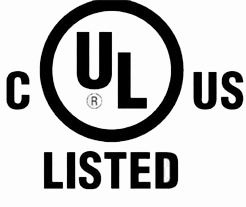
Why UL is Highly Regarded
Comprehensive Testing: UL conducts extensive and rigorous testing procedures that assess products for safety, performance, and durability.
Global Recognition: UL certifications are recognized worldwide, making it easier for products to be accepted in various markets.
Credibility: Due to its longstanding history and rigorous standards, a UL mark is widely trusted by manufacturers, consumers, and regulatory bodies.
Canadian Standards Association (CSA)
CSA Certification is another highly respected certification, especially in North America. The Canadian Standards Association provides testing and certification services for a variety of industries, including solar energy.
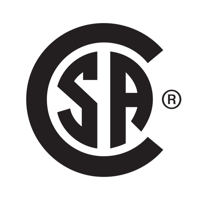
Why CSA is Important:
- North American Market: CSA certifications are particularly relevant for products intended for the Canadian market but are also recognized in the United States.
- Broad Standards: CSA covers a wide array of standards, ensuring products meet both safety and performance requirements.
- Industry Trust: CSA is well-regarded in both consumer and industrial markets for its comprehensive testing and certification processes.
Intertek’s Electrical Testing Labs (ETL)
ETL Certification is provided by Intertek, another major player in the field of product testing and certification. ETL certification is often used as an alternative to UL certification.
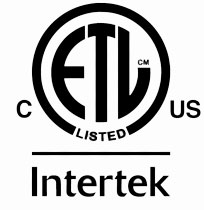
Why ETL is Valued:
- Rigorous Standards: ETL certifications are based on the same standards as UL, meaning products tested by ETL are held to high safety and performance standards.
- Speed and Efficiency: Intertek often offers faster testing and certification processes, which can be advantageous for manufacturers needing quick market entry.
- Global Reach: Like UL, ETL is recognized internationally, providing credibility and market access for certified products.
Comparative Importance
While all three certification agencies (UL, CSA, and ETL) are respected and trusted, there are some distinctions in their relative importance:
- UL is often seen as the highest form of certification due to its global recognition, comprehensive testing procedures, and historical credibility. Products with UL certification are universally accepted and trusted.
- CSA certification is particularly important in North America, providing assurance that products meet stringent Canadian and U.S. standards. CSA is often seen as comparable to UL within these markets.
- ETL certification is also regarded and offers a credible alternative to UL. While view UL as more prestigious, ETL provides equivalent safety and performance assurances, often with faster turnaround times.
Product Recalls in the Solar Industry
Generac’s SnapRS Device Recall
Generac has faced significant issues with its SnapRS device, a component designed to rapidly shut down power to individual solar panels as required by the National Electric Code. The SnapRS 801 and 801A models have been reported to malfunction, leading to overheating, melting, and in some cases, causing fires.
Pink Energy, filed a lawsuit against Generac, claiming these devices compromised thousands of their solar systems and caused at least two fires in customer homes. They urged Generac to recall these defective parts.
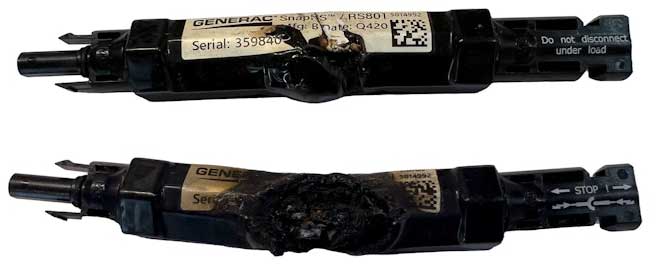
Generac acknowledged a failure rate of nearly 50% for these devices but has not issued a recall. Instead, they have introduced a next-generation SnapRS device, which they claim is engineered to higher reliability standards. Despite this, Generac is currently facing multiple class action lawsuits related to the SnapRS components.
SunPower’s Microinverter Issues
SunPower faced significant challenges with their white-labeled microinverters, which were initially sourced from a third-party manufacturer. These microinverters experienced high failure rates, leading to numerous customer complaints and warranty claims. The issues were severe enough that SunPower had to address the quality and reliability concerns head-on. This situation underscored the importance of rigorous testing and reliable sourcing in maintaining the integrity of solar power systems. SunPower has since taken steps to improve their quality control processes and ensure that their products meet higher reliability standards.
LG Chem Battery Recall In 2021
Due to fire hazards, LG Energy Solution (formerly LG Chem) issued a recall for residential battery energy storage system (BESS) units. The recall affected over 10,000 LG Chem RESU-branded battery units sold between 2017-2019.
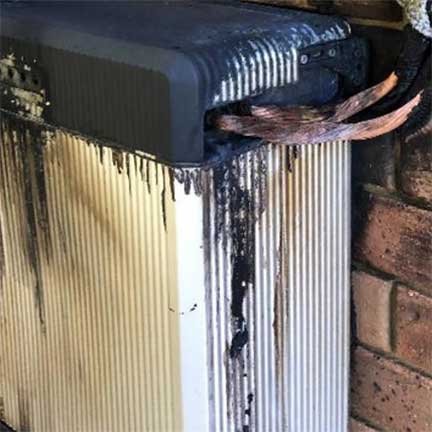
The issue stemmed from the potential overheating of the batteries, with reports of fires that caused property damage. LG worked with the CPSC on the recall, providing inspections, repairs, or replacements.
Partnering with the Best
The AVL is more than just a list of names—it represents Solar Insure’s commitment to only working with the industry’s highest-quality vendors. When you see a manufacturer that is AVL-approved, you can rest assured that its components have undergone rigorous vetting for safety, reliability, robust warranties, and stable finances.
Some key AVL partners include:
Enphase, Qcells and FranklinKW
The Importance of the AVL
Deviating from Solar Insure’s meticulously cultivated AVL introduces substantial risks – safety issues, premature failures, warranty conflicts, and more.
Our approved vendors are truly best-in-class, aligning with our uncompromising standards for quality, performance, and accountability.
The Solar Insure AVL is more than a list – it’s our unwavering pledge to deliver unparalleled quality, safety, and peace of mind for every solar installation. By partnering exclusively with AVL-approved vendors, we continue raising the bar for excellence in solar component quality.


